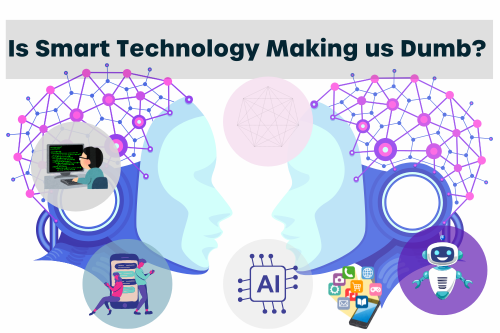Digital Dementia
Digital dementia is a term coined to describe the cognitive decline associated with increased use of electronic devices like tablets, computers, and smartphones.
Studies have shown a correlation between increased exposure to screen time and cognitive impairments, like poor focus, short term memory deficit, and even declining long-term memory retention. It’s not hard to believe that the more reliant we are on our devices to hold information, the less practiced we become at retaining it in our own minds. Other proposed mechanisms to explain the apparent relationship between screen use and cognitive decline include that with more time spent on passive electronics use (watching TV, scrolling on social media), we experience less face-to-face social interaction, less time spent doing physical exercise, and the negative cumulative effect of blue light emittance from screens that can interfere with natural melatonin production and sleep health.

Some readers might remember as children having to look up a word’s definition in the dictionary or use the encyclopedia or other library references to research a topic for a school assignment. These endeavors, along with taking notes in class and hand-writing flash cards, serve to reinforce memory.
We had to be mindful while we waited for the bus or used the restroom since the only available entertainment was our own imaginations. We had to memorize the phone numbers of our friends’ landlines and if they didn’t answer when we called, we had to physically go find them. Nowadays, students ask AI to sum up lectures, drivers use GPS to navigate travels, search engines do our research, and we track our family and friends digitally. While all of this reliance on digital devices may provide faster and more comprehensive information, it requires minimal effort on our part, and therefore leaves a shallower impression on the cognitive system and memory web.
One investigator asked “Is Technology Making us Dumb?” As blunt as that is, it’s a valid inquiry. We rely heavily on our digital devices to remind us about appointments, prompt us to send birthday greetings, store our contact information, and even build our shopping lists. If we don’t practice using our memories, that skill will dwindle.

Advancements in technology are bound to have both positive and negative impacts. Access to the internet connects continents and has the potential to more society forward. But several large studies have demonstrated that overuse of electronics can have damaging consequences on development, including deficits in cognition, impulse control, mood regulation, and memory. Protect young developing brains from short-term and long-term harm by limiting passive exposure to screens, curbing internet overuse, encouraging interactive social experiences, fostering good sleep habits, and nurturing problem-solving skills through activities like reading, puzzles, and games. The best way to encourage that balance to is model the behavior for your children and students.
Written by Dr. Carly Wilbur, UH Pediatrician and PSI Medical Director.




